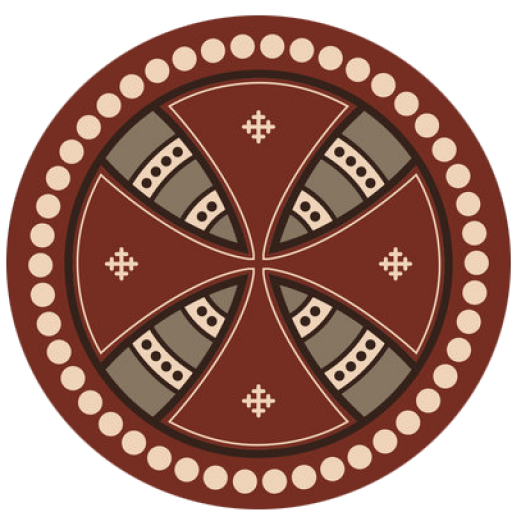Festivals
Enkutatash (New Year)
Enkutatash (Ethiopian New Year) falls on September 1 Ethiopian calendar (September 11 Gregorian Calendar) at the end of the Ethiopian rain season and is called Enkutatash. September 1 is also celebrated to mark the commemoration of Saint John the Baptist.
Meskel (Finding of the True Cross)
Meskel is celebrated by dancing, feasting and lighting a massive bonfire known in Ethiopian tradition as “Damera”. Meskel commemorates the finding of the True Cross in the fourth century when Empress Helena, mother of Constantine the Great, discovered the True Cross on which Christ was crucified. The feast is celebrated in Ethiopia on September 17 Ethiopian calendar (September 27 Gregorian calendar), 6 months after the discovery of the True Cross. The celebration of Meskel signifies the presence of the True Cross at mountain of Gishen Mariam monastery and also symbolises the events carried out by Empress Helena.
Ledet (Christmas)
Ledet (Christmas) falls on December 29 Ethiopian calendar (January 7 Gregorian calendar). Ledet (Christmas) is celebrated after 43 days fasting known as Tsome Gahad (Advent), with a spectacular procession, which begins at 6 AM and lasts until 9 AM.
Timket (Epiphany)
Timket (Epiphany) is one of the greatest festival in the Ethiopian Orthodox Tewahedo Church calendar. It commemorates Christ’s Baptism by Saint John in the Jordan River. Timket is celebrated in Ethiopia on January 11 Ethiopian calendar (January 19 Gregorian calendar), two weeks after Ledet (Ethiopian Christmas), beginning on the Eve of Timket with colorful processions and ceremonies ending on the January 12 (January 20 Gregorian calendar).
Fasika (Easter)
Fasika (Easter) is celebrated after 55 days severe Lent fasting (Hudade or Abye Tsome). Orthodox Tewahedo Christians do not eat meat and dairy products for the whole 55 days. On Easter eve people go to church and celebrate with candles which are lit during a colourful Easter mass service which begins at about 6 PM (12 o’clock in the evening Ethiopian time) and ends at about 2 AM (8 o’clock after mid-night Ethiopian time). Like Christmas, Easter is also a day of family re-union, an expression of good wishes with exchange of gifts (i.e. lamb, goat or loaf of bread).
